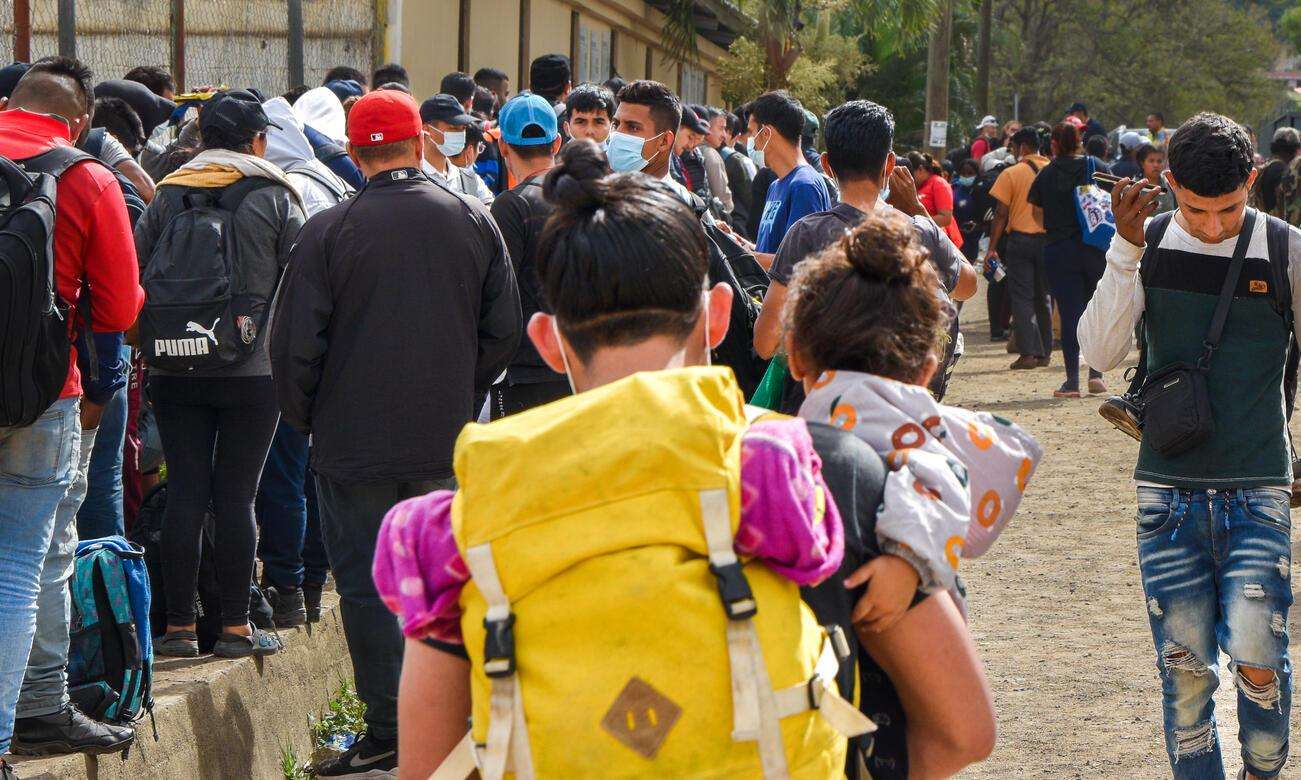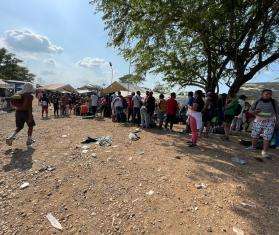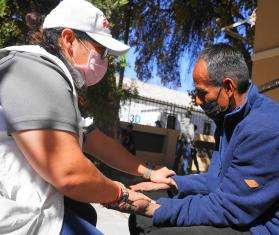People from Latin America and the Caribbean make up a large percentage of displaced people worldwide. According to UNHCR's latest Global Trends report, two out of every five new asylum applications submitted in 2022 came from citizens of Latin American and Caribbean countries. They have all left their homes and loved ones, and face violence, hunger, and deep moments of anguish along the way.
Migration in Latin America goes far beyond a single route or story. Many of the people who migrate through this region have to move multiple times to seek safety. The rising costs of living and high unemployment rates have made life difficult for migrants who try to start over in new host countries.
"In most of the region, there has been no effective legal or economic integration of migrants,” said Marisol Quiceno, advocacy representative for Doctors Without Borders/Médecins Sans Frontières (MSF) in Latin America. “Because of this, there has been an increase in people returning to their countries of origin, as well as others fleeing beyond the region, particularly to the United States."
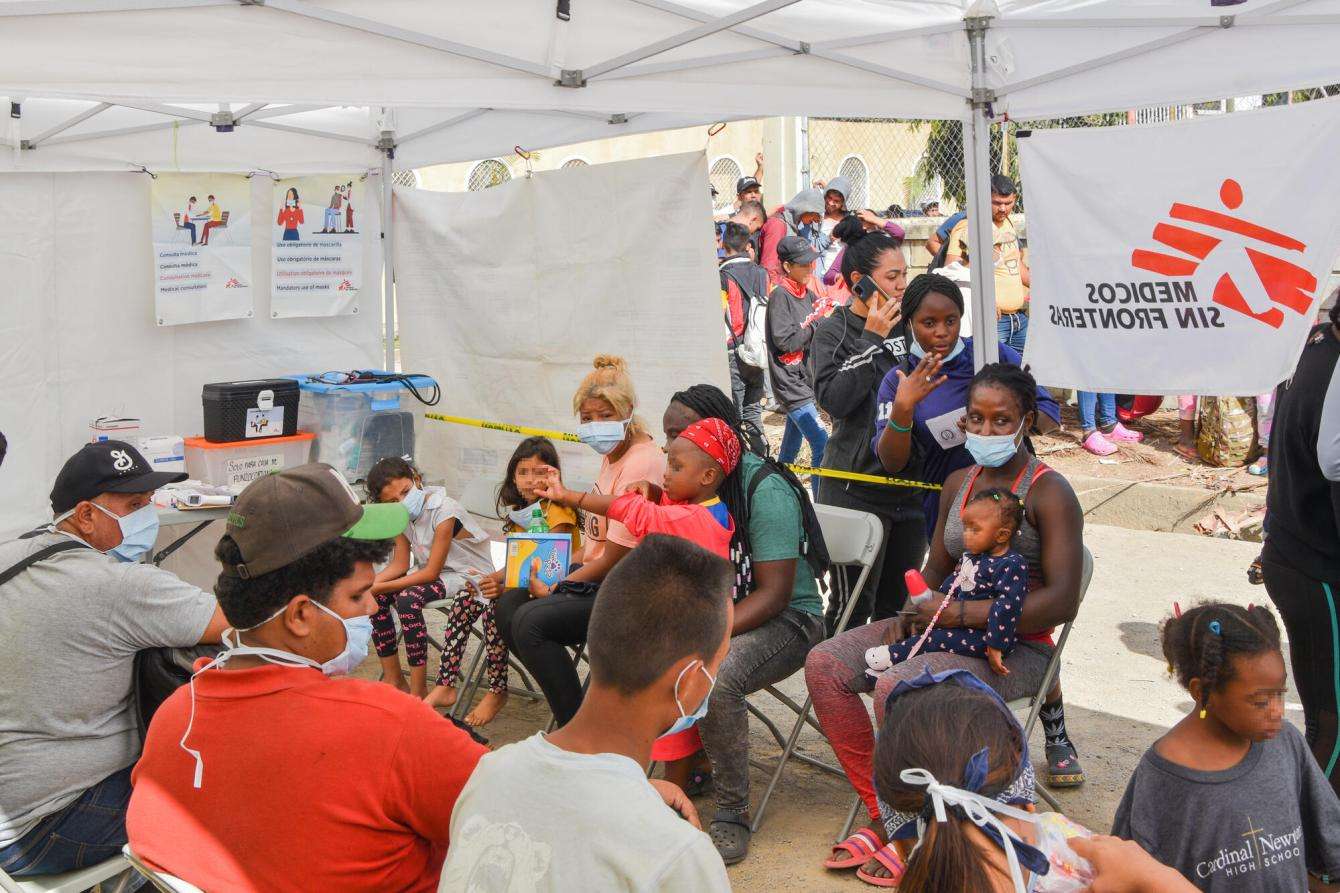
The right to family reunification
Five months ago, Maynor left Honduras with his family because he was threatened by an organized crime group. He had already left the country on his own on three occasions, but was sent back each time.
“Two years ago I was deported under Title 42 [a US immigration policy no longer in effect] with my son, who was only six years old,” he said. “When they put us on the plane to take us back to Honduras, we were crying. No one wanted to go back.”
This time, he sold all his assets so he could afford to take the journey with his wife and their three children.
“At one checkpoint, the authorities threw away my immigration and identification documents because I didn't have any money to give them. With the little money we had, we paid to sleep on pieces of cardboard on the floor. When we were detained, I felt that they could send us back to Honduras, after all that we went through to get here.”
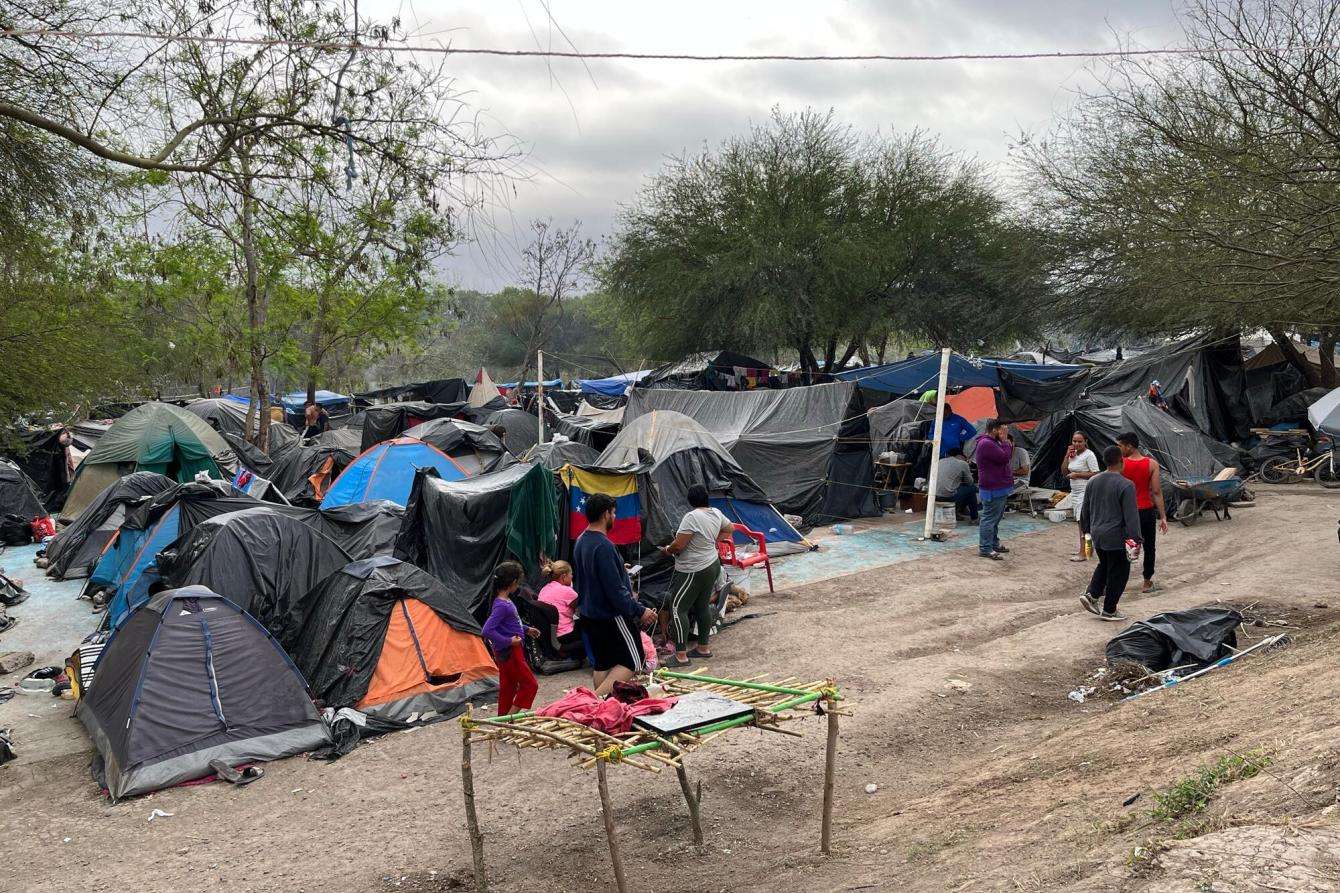
In Tapachula, Mexico, Maynor’s family slept in a park for several nights and went without food or access to health care. “All my children have been sick,” he said. “It’s not easy getting medical attention in Tapachula because we are discriminated against.”
Maynor’s mental health has also suffered. “The psychological problems are always there: not being able to sleep, depression and anxiety,” he said. “It has not been easy, but talking to the psychologist from MSF in Tapachula helped me a lot. I was able to unburden myself. It's good to be listened to.
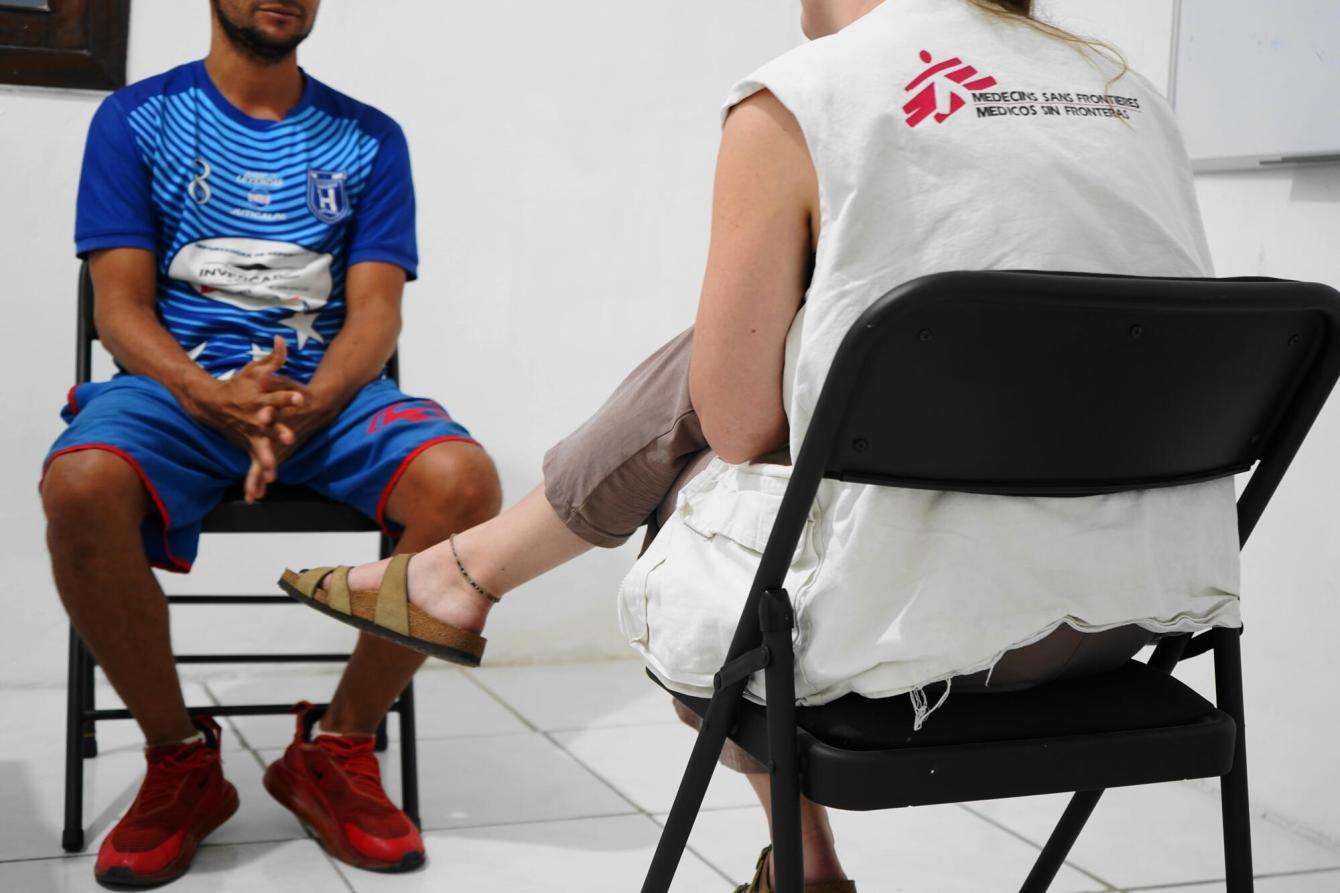
Mayner Rodríguez, a psychologist at MSF's mobile clinic in Danlí and Trojes, Honduras, has heard countless stories of people forced to migrate multiple times, facing [the threat of] family separation, physical assault, and sexual violence.
"Family separation often leaves emotional scars," said Dr. Rodríguez. "A boy came recently for a mental health consultation because his parents died and he was left with his three siblings, who were all taking care of each other. When his parents died, he was forced to migrate to support his other siblings. In his consultation, the boy told me he missed his grandmother very much and, as a coping mechanism, he prayed every day for his little brothers and his family."
The high number of unaccompanied children and adolescents who travel alone, without parents or relatives, or under the care of a responsible adult, is also alarming.
“Family unity is integral to children’s development,” said Marisol. “They need the support and protection of their family to avoid traumas that may affect their personal and social development.”
Traveling through the dangerous Darién Gap
Another migrant, Karina, worked for the court system in Colombia until she and other staff were laid off during the pandemic. She made the difficult decision to leave Colombia without her two children. “I left them back home with their father because I could not bring them here. I realized the migration route is not safe for children, after all the information that I read. It was a difficult decision.”
Right before she left, Karina endured a painful arm injury but decided to make the trip anyway. On the road, she was robbed of all her money and became very sick, in addition to having hypertension and an infected, festering wound on her arm. She was finally treated at a hospital in Panama.
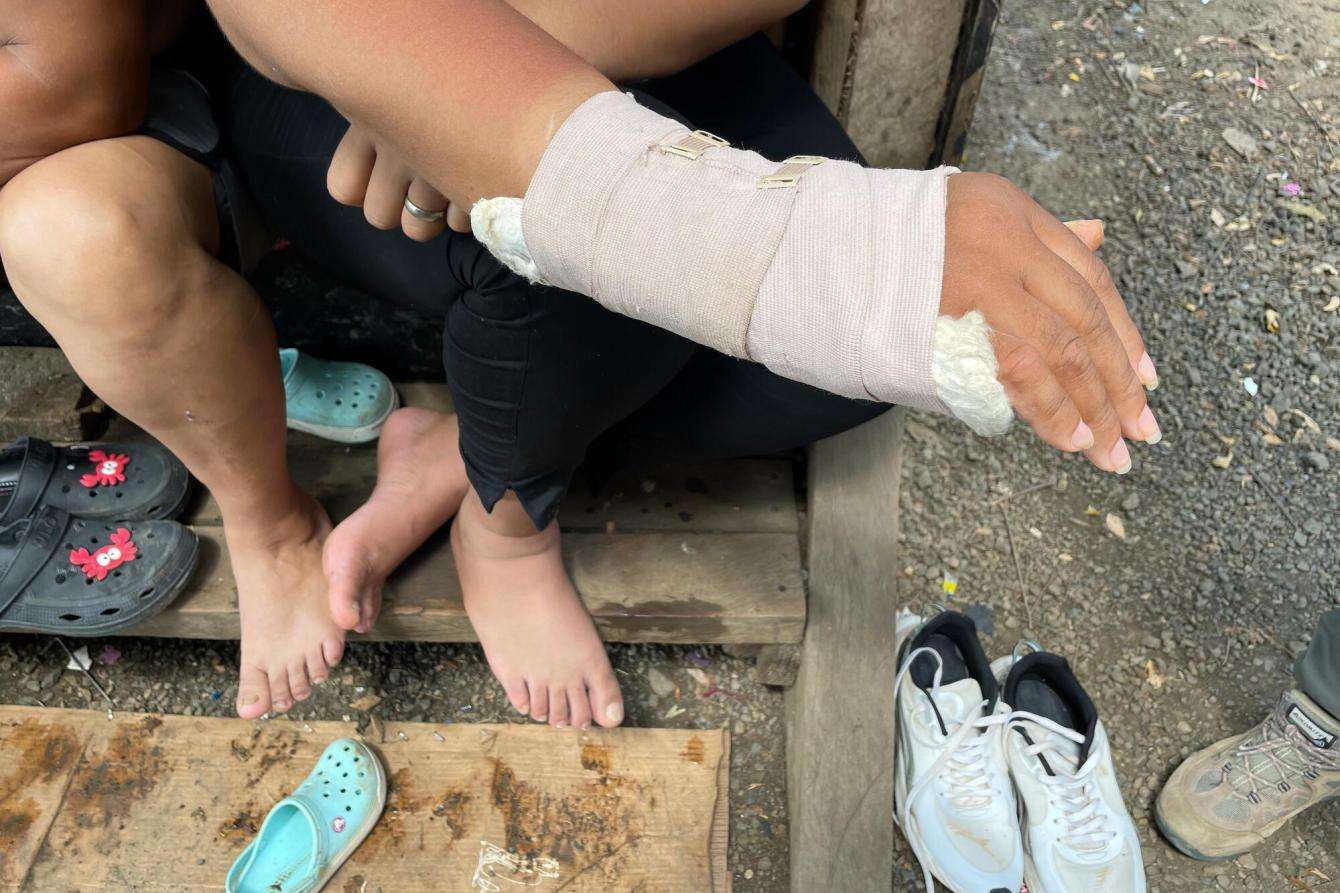
While the physical ailments may have healed, the emotional trauma of what she witnessed in the jungle endures. “One girl was all beaten and bruised,” she recalled. “The girl had been raped. There were women on the road who told us that when they were robbed they told the thieves, ‘rape us, but don't take our money or our food.’ They were thinking about the well-being of their children when they said it.”
José Rafael Cumare migrated for the first time from Venezuela to Argentina, where he lived for three years. Hoping that things had improved in his country, he returned to Venezuela last year. The situation there was not what he expected, so he had to say goodbye to his family again, this time to try crossing the Darién Gap to migrate to the United States.
"It took me 13 days to cross the Darién,” said José. “On the second day, I fractured my heel and made crutches with some sticks I found. I was injured for 11 days. I ate whatever people gave me, and I took—without knowing what they were—pills that they shared with me for the pain. Inside the jungle I heard and saw ugly things. I saw violent robberies, I saw dead people. Everyone must know that it is not easy to cross this jungle."
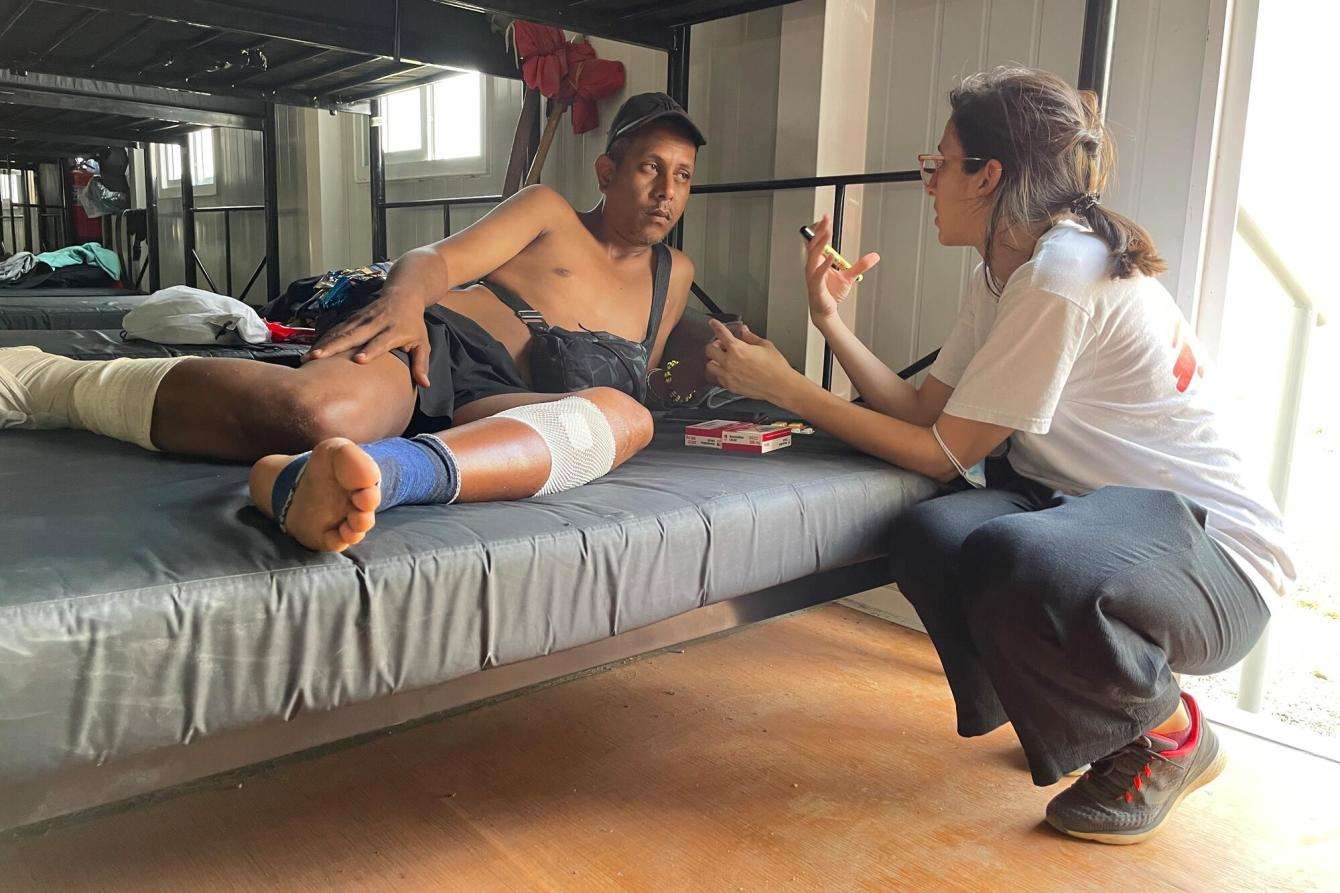
Dreams of returning to the homes they fled
In 2018, Eduardo González, traveled from his native Venezuela to Chile in search of safety and opportunities. On his journey, he was robbed, went days without food, slept in parks, and walked hundreds of miles. In Iquique, Chile, while he was working in a restaurant as a kitchen assistant, he was forced to return home.
"I worked 14 hours a day, many times without eating because the owner forbade us to do so,” he said. “One day, I was extremely dehydrated. My kidneys were damaged and I was in terrible pain. I could only enter the residence where I was staying after midnight, so I had to endure the pain sitting on the street.”
The local hospital only gave him medicine to temporarily relieve the pain.
“One night there was a tremor and the alarms went off. I tried to run out of the house, but the pain left me on the floor. At that moment, I decided to return to my country and reunite with my family.”
After returning to Venezuela from Chile, Eduardo applied for a job with MSF and was hired to work in the logistics department for a project in Anzoátegui. "It's gratifying to lend a hand to people who, like me, migrated at some point and didn't have help.”
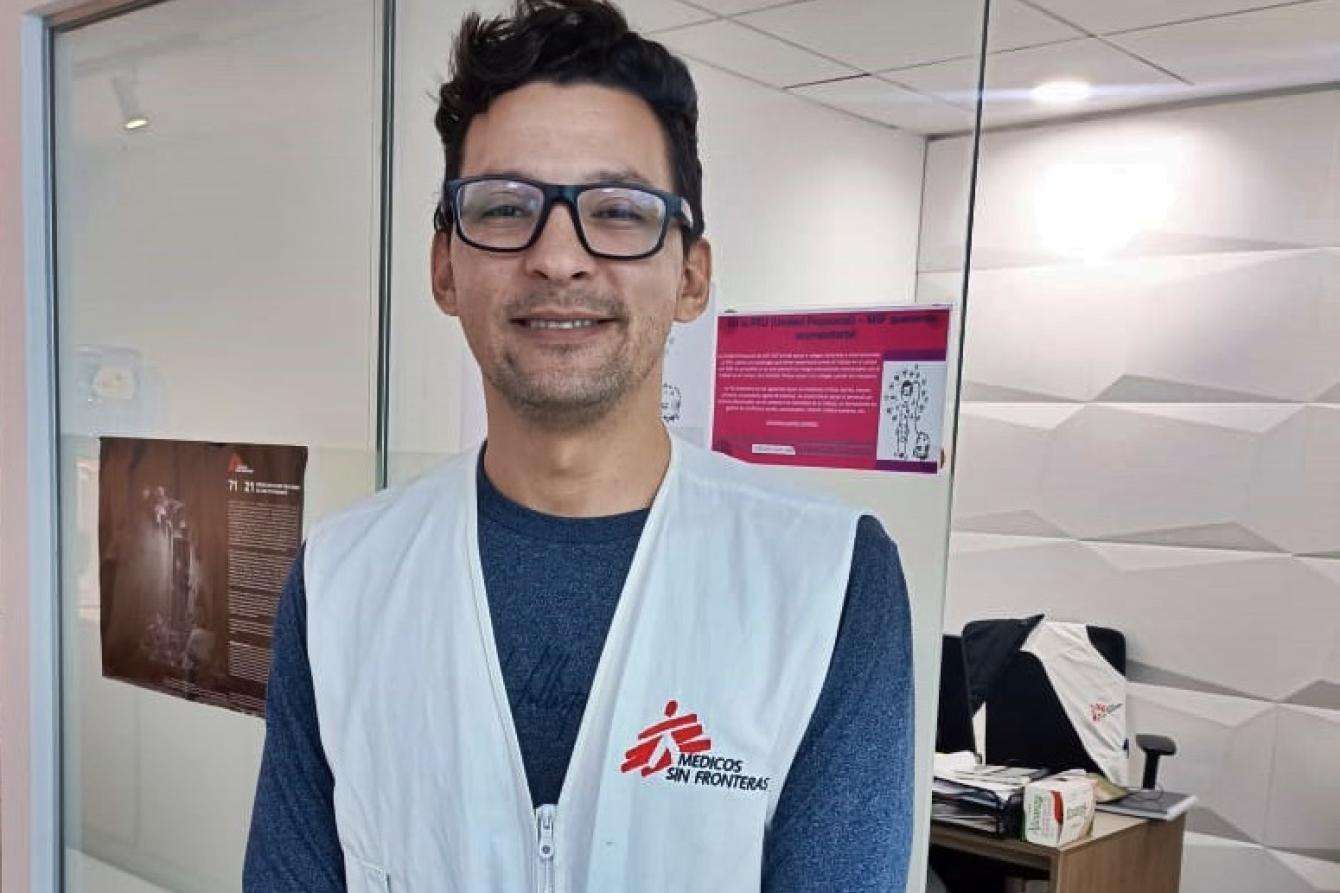
Meanwhile, people continue to face worsening violence in Haiti, where more than 300 people were killed and over 20,000 displaced in July 2022 alone.
Manu, who works for MSF in Haiti, had to leave many of his loved ones behind. Today, his greatest desire is to reunite with his famiy. As the situation in Haiti worsens, he thinks only of his daughter.
"My baby, my little princess,” he said. “I just want her to live well. Her name is Christy, and I was able to send her to the Dominican Republic, but we are far away, and we only talk by video call. My wife, my son, and my daughter already have passports and we want to meet again. I dream of having my own business, but in these conditions, I have not been able to make it come true. I need to be with my family first."
Alongside staff like Manu and Eduardo, MSF continues to witness the consequences of forced migration along unsafe and dangerous routes, and how criminalizing migrants and restricting immigration policies only worsens the humanitarian consequences for migrants. Thousands of migrants continue to cross through the Americas, forced to put themselves and their families at risk along dangerous routes in their search for a better life.
About MSF in the Americas
MSF provides medical humanitarian care in Peru, Brazil, Colombia, Venezuela, Honduras, Haiti, Guatemala, Panama, and Mexico. Activities include providing 67,700 medical consultations and 8,800 mental health sessions for the migrant population in Mexico in 2022 and carrying out 45,500 medical consultations and treating more than 8,000 patients for physical and sexual violence in Haiti. In the Darién Gap, MSF provided 40,353 medical consultations in 2022, as well as 2,600 consultations for mental health and 172 for sexual violence.
